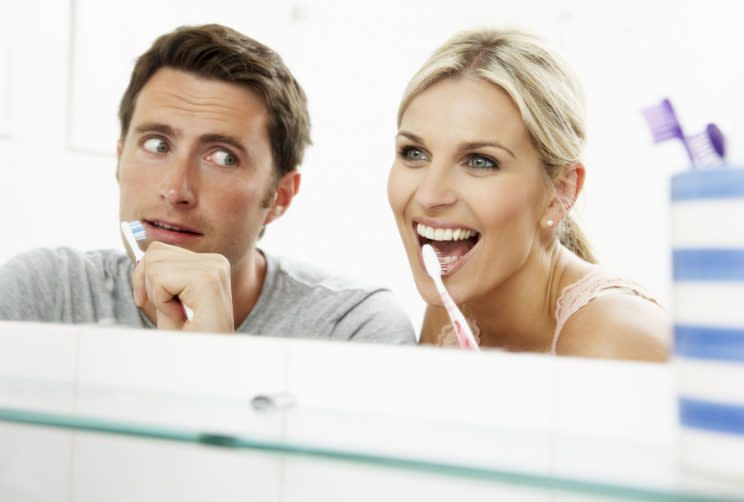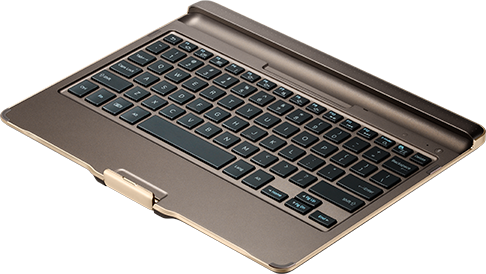These 5 things in your house are covered in germs - but you never clean them

Most of us go over a few surfaces in our kitchen with some disinfectant spray and a cloth – and smugly imagine that our houses are pretty clean, thanks very much.
But experts say that there are a few unseen horrors in the average home – places where bacteria and filth multiply uncontrolled.
Your toothbrush holder, for instance – and your computer keyboard.
MORE: The best 25 jobs in the UK for 2017 identified – ranked on money, satisfaction and opportunity
Here are some of the most vile, infected and dirty objects which you touch on a regular basis.
Your toothbrush holder
Most of us know to replace our toothbrushes fairly regularly – but in many households, the holder can go untouched for years.
A 2011 study found toothbrush holders to be the third most bacteria-infested place in the entire home.
Your computer keyboard

Many of us tap away happily on them for hours on end – but your computer keyboard may actually be dirtier than your toilet seat, and you wouldn’t run your fingers over that for five hours solid.
Tests by consumer magazine Which found that some computer keyboards are incredibly dirty – with one of the 33 under test harbouring five times as many germs as a toilet seat.
Microbiologist Dr Peter Wilson says a keyboard is a ‘reflection of what is in your nose and in your gut’.
Wiping your keyboard clean – and using compressed air to clean debris away – can help.
Your reusable grocery bag
The 5p bag charge may have been great for the environment – but reusing your grocery bag may not be a good idea for your digestive system.
A 2012 Berkeley University study found that food poisoning cases spiked after San Francisco banned plastic grocery bags – and a University of Arizona study found that around 12% of bags were infected with food poisoning bugs such as E Coli.
Dr Susan Rehm said, ‘Let’s say we’ve had a ‘leaker’, one of our chicken containers, or something like that. Well, that all contains bacteria, which contaminates the bag, so the next thing that goes into the bag can also become contaminated.’
The solution? Wash your bag regularly.
Your bathroom door
Your bathroom door handle – you know, the one you touch on the way back out – may be so dirty you should be touching it with paper over your hand.
Sanitation company Earth Ecco tested various common surfaces using an ATP test – looking for adenosine triphosphate, which shows signs of organic waste and bacteria.
They found that bathroom doors had among the highest levels – a score of 860, close to what you’d see on an actual toilet seat.
CEO Jake Tyson said,, ‘If it’s above 30 it’s not clean and you don’t want anything between 135-300 as there will be a lot of bacteria. What it tells you is this area hasn’t been cleaned properly.”
Your tin opener
Most of us sling our tin openers back in a drawer after use – and imagine that the gadgets are somehow staying clean.
Nope – all that food juice is a breeding ground for bacteria such as E.coli and salmonella, according to a 2013 study by public health organisation NSF international.
The researchers even found mould on some can openers.
Thankfully, the solution’s simple: stick yours in the dishwasher after using it.

 Yahoo News
Yahoo News 


